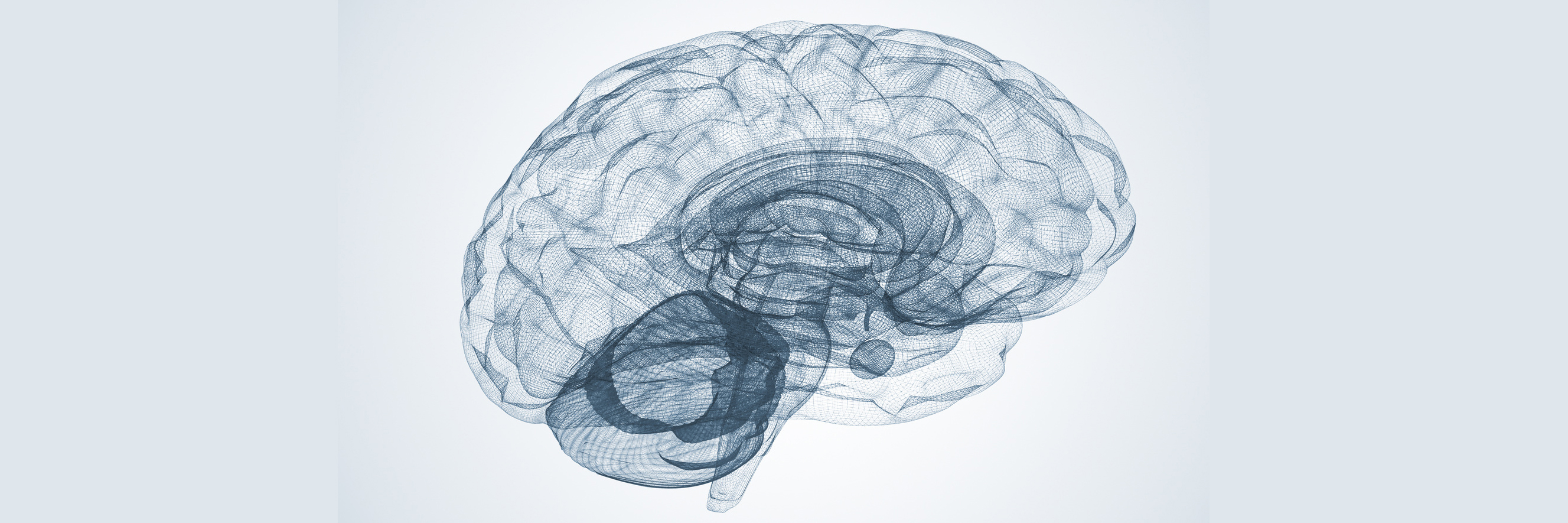
A sleep disorder called REM sleep behaviour disorder, or RBD for short, has been linked to different forms of Parkinsonism. A recent study has shown that it is associated with a specific subtype of Parkinson’s disease and how it could be used as an early sign for diagnosis and targeted treatment. Furthermore, a new international research project has been launched to explore how this sleep disorder is linked to atypical forms of parkinsonism and what determines the progression of the disease towards one or the other type of condition.
RBD as a clue to Parkinson's subtype
REM sleep behaviour disorder, in which people act out their dreams through erratic and involuntary movements, has been linked to Parkinson's disease for some time: People with this sleep disorder are very likely to develop various types of Parkinsonism later in life. Using data from the Luxembourg Parkinson's Study, which also analyses participants' sleep patterns, researchers have now found that this sleep disorder can be linked to a specific subgroup of Parkinson's disease. This subgroup, called the “body-first” subtype, is characterised by the early appearance of non-motor symptoms, such as mental health issues or digestive dysfunction. In this form of Parkinson’s, the course of the disease does not begin in the brain but in the peripheral nervous system, for example, in the intestine. This finding explains the specific symptoms experienced by these patients. It will also allow doctors to pay close attention to signs pointing towards RBD and thus treat this subgroup of patients more specifically in the future.
"These results could be obtained using a questionnaire without patients needing to visit a sleep laboratory. Doctors can thus recognise this Parkinson's subtype easily and treat it more quickly in a targeted manner," explains Dr Lukas Pavelka, neurologist in training at CHL and member of the NCER-PD team.
Read more!
A new international study to go further
Apart from Parkinson's disease, REM sleep behaviour disorder has also been associated with the development of atypical forms of Parkinsonism, such as Multiple Systems Atrophy and Dementia with Lewy Bodies. While these diseases present very similarly to Parkinson’s disease in the early phases, the symptoms diverge later on, with much more severe cognitive impairment for Dementia with Lewy bodies and particularly prominent non-motor symptoms, such as urinary dysfunction, for Multiple Systems Atrophy.
A new research project focuses on modelling the progression of REM sleep behaviour disorder towards either of these diseases. The study will use detailed clinical assessments, molecular markers and data analysis to identify specific profiles in the early stages of the three diseases. The project involves researchers from Italy, Sweden, France, Denmark, Croatia and Luxembourg and is funded with 1.75 million euros over three years by the European ERA PerMed scheme. The University of Luxembourg is highly involved in data management, protection and dissemination and will provide data and samples from patients previously diagnosed with RBD.

Learn more!
You too can help advance research on brain diseases!
Everyone can help drive forward research on neurodegenerative diseases such as Parkinson’s! If you are over 50 years old and are not diagnosed with Parkinson’s or dementia, you can participate in the Healthy Ageing Study by clicking here. If you cannot participate yourself, share the information about this study with your friends and family so that they can fill out the quick online questionnaire.




